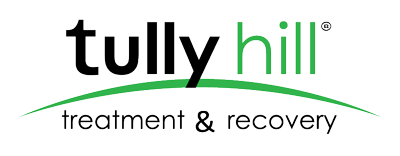Detoxing Ethanol (drinking alcohol)
has several effects on the body that may lead to a dangerous withdrawal and complicate detoxification.
Prolonged exposure to alcohol causes changes in the brain that alter both inhibitory and excitatory neural mechanisms. Therefore, acute removal of alcohol during detoxification can result in significant, even life-threatening complications. These complications include but are not limited to, anxiety, perspiration, tremors, nausea, vomiting, elevated heart rate, elevated blood pressure, hallucinations, seizures, and delirium.
Grand Mal Seizures and Delirium Tremens are the most dangerous manifestations of serious alcohol withdrawal and both can be life-threatening. Delirium Tremens is a true medical emergency that can be rapidly fatal if not treated quickly and properly. Delirium Tremens may also occur up to 14 days after the last drink, even if the patient’s overall condition already seemed to be improving.
The severity of alcohol withdrawal is generally directly related to
the volume of alcohol consumption as determined both by the length of time one has been drinking as well as the amounts consumed. Given the very significant risks associated with alcohol withdrawal, a trained medical professional should participate in deciding how and where detoxification should occur.
Some individuals may be able to be safely detoxified at home with little or no oral medication. However, individuals with any type of severe drinking problem or those with a lesser problem but concomitant medical conditions such as a seizure disorder, history of traumatic brain injury, heart disease, diabetes mellitus, kidney disease or substantial psychiatric illness should be detoxified under direct medical supervision. In most cases, such supervised detoxification can occur in a medically managed Substance Use Disorder treatment facility that has immediate access to a physician and 24/7 nursing care. Such a facility is able to mitigate the detoxification’s life-threatening issues as well as provide the other necessary medical, psychological and social support required.
On occasion, such as when frequent use of intravenous medication will be required, cardiac monitoring is necessary or intensive care unit management is probable, then the patient should be hospitalized.
The manner by which detoxification occurs and where it occurs
should only be made by an experienced professional as this is a medical practice decision. Such professional will assess the patient’s medical history, substance use history, withdrawal history, social history and current physical status to make the determination of what advice is best for the care of the patient.
Appropriate, professional care supervising and managing detoxification from alcohol will truly provide patients suffering from alcoholism and alcohol use disorders the ‘help for today, hope for tomorrow’ they need starting their paths to recovery.










